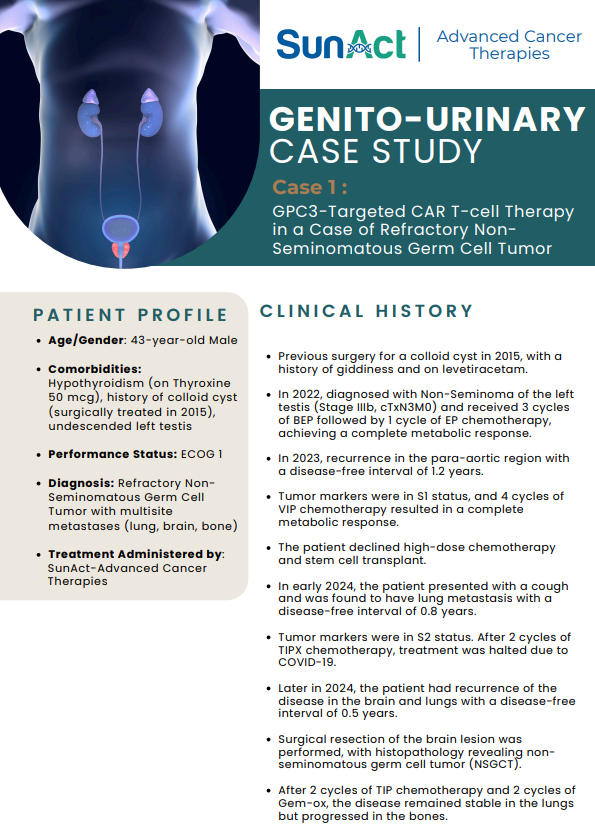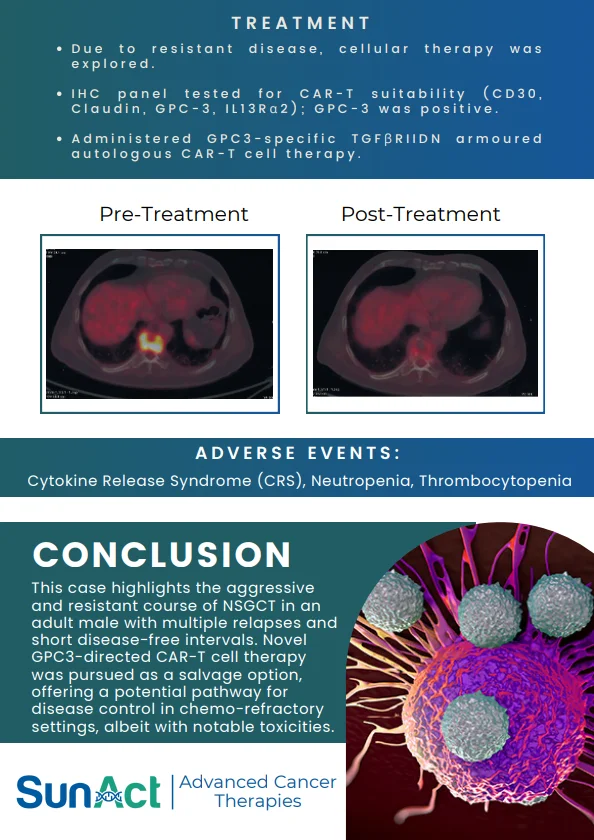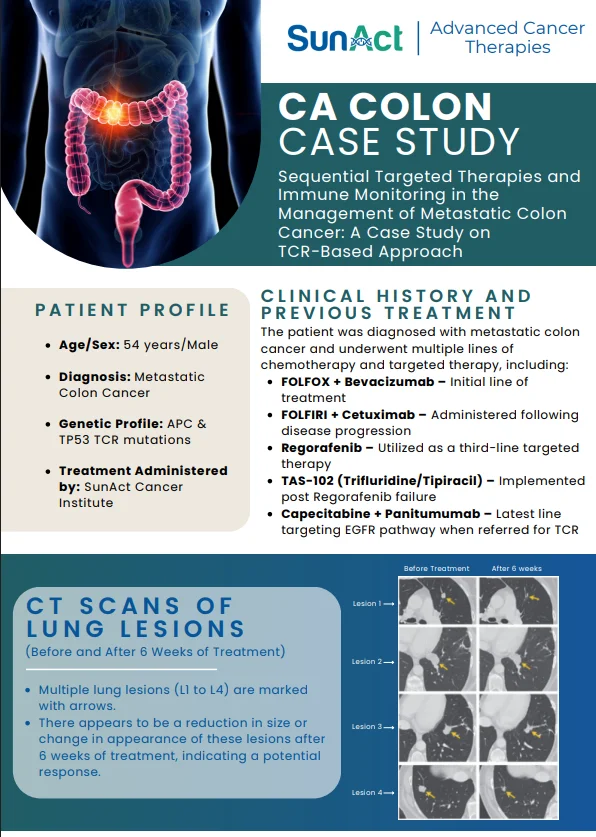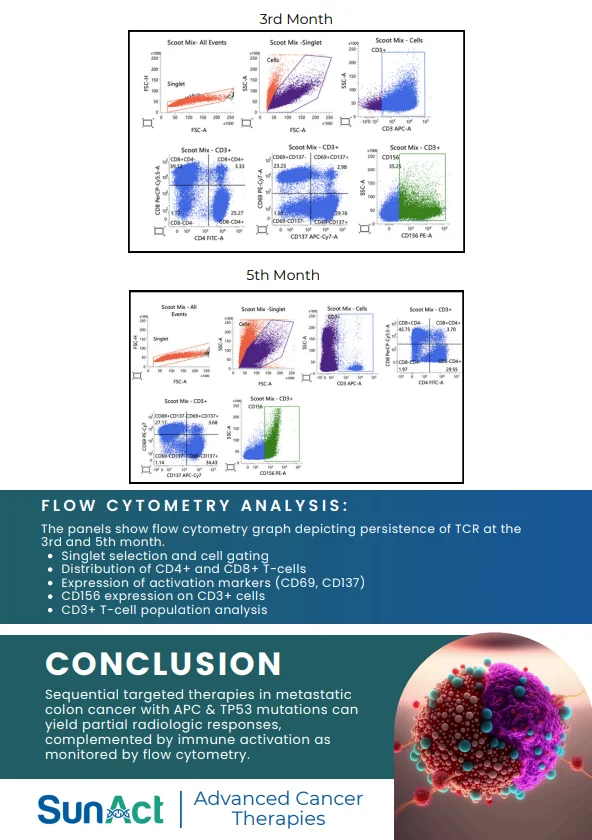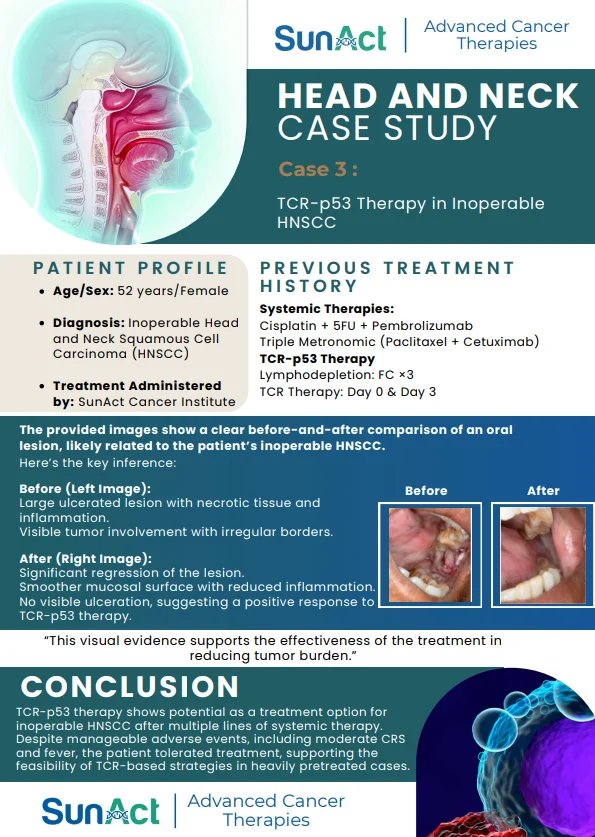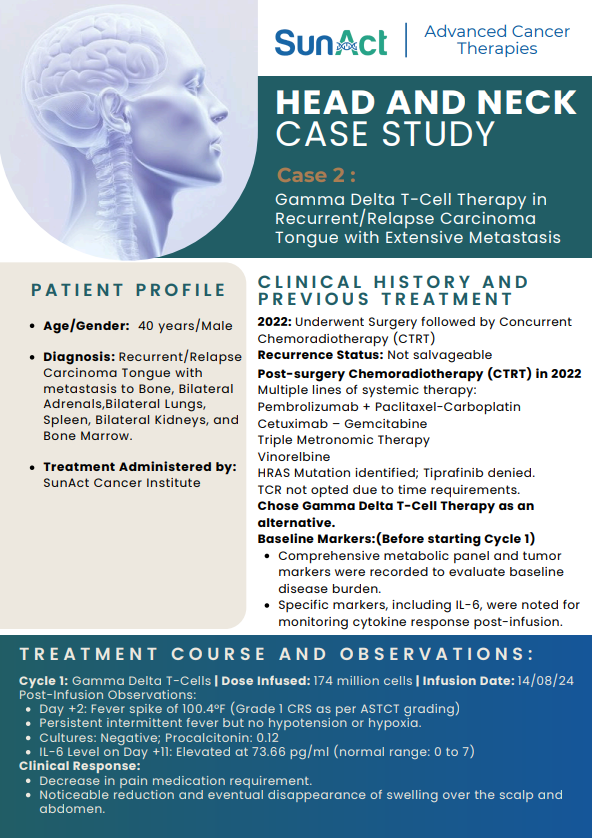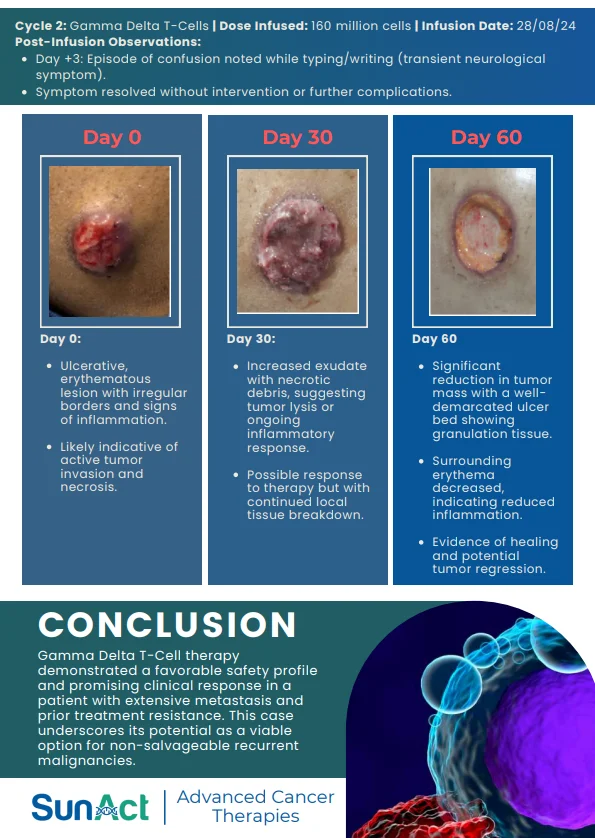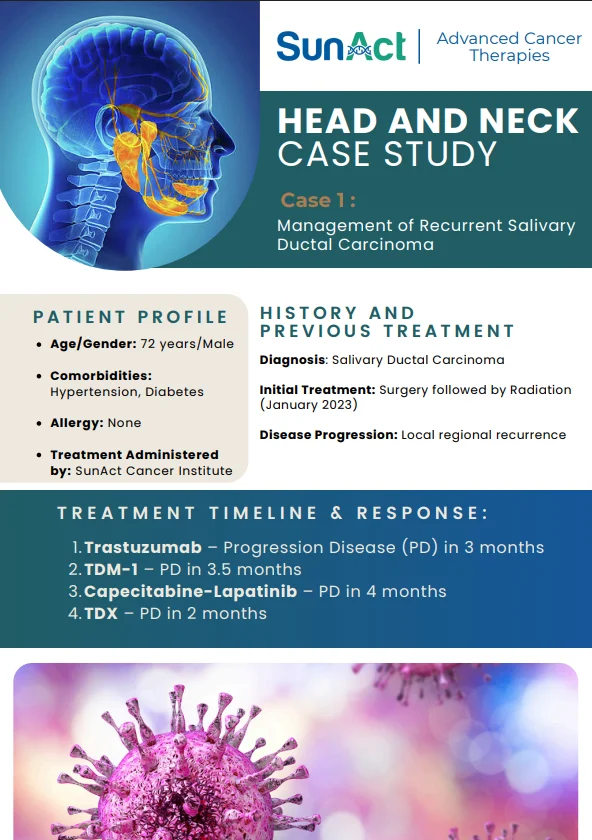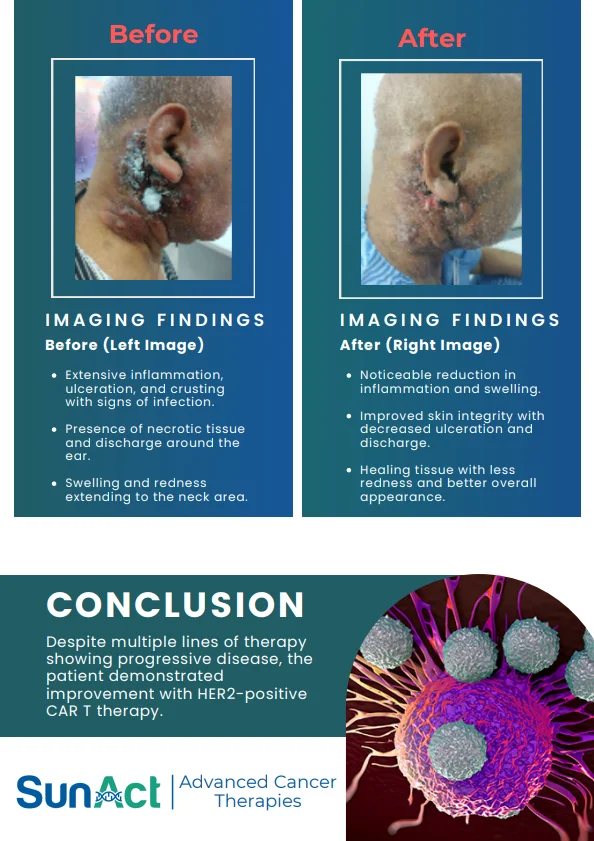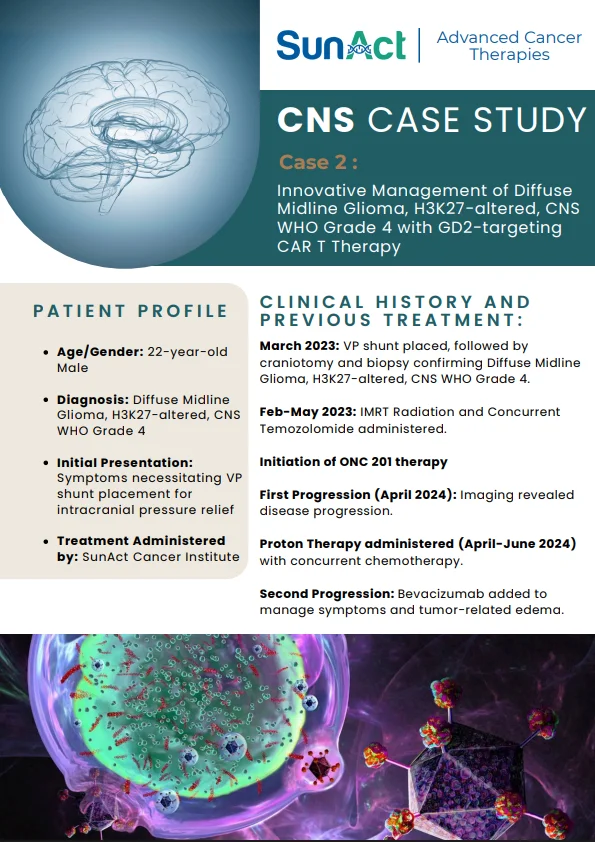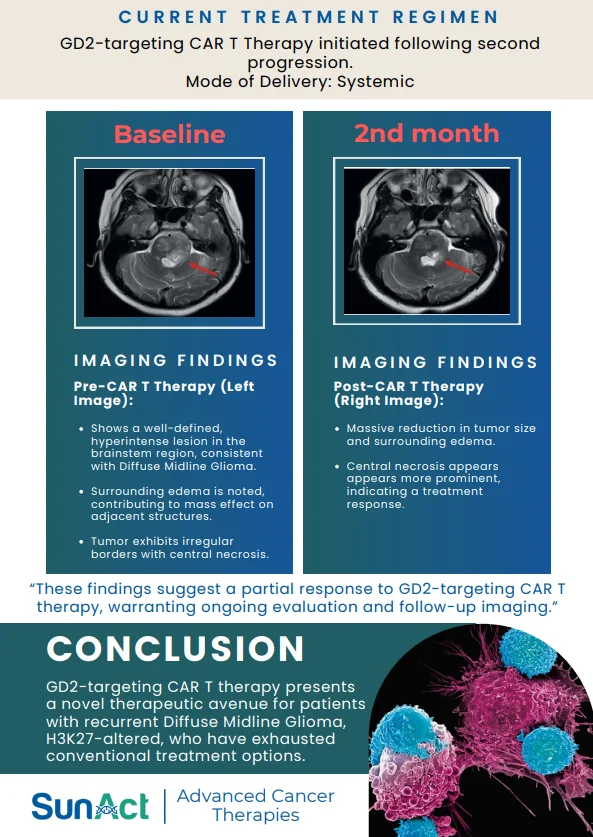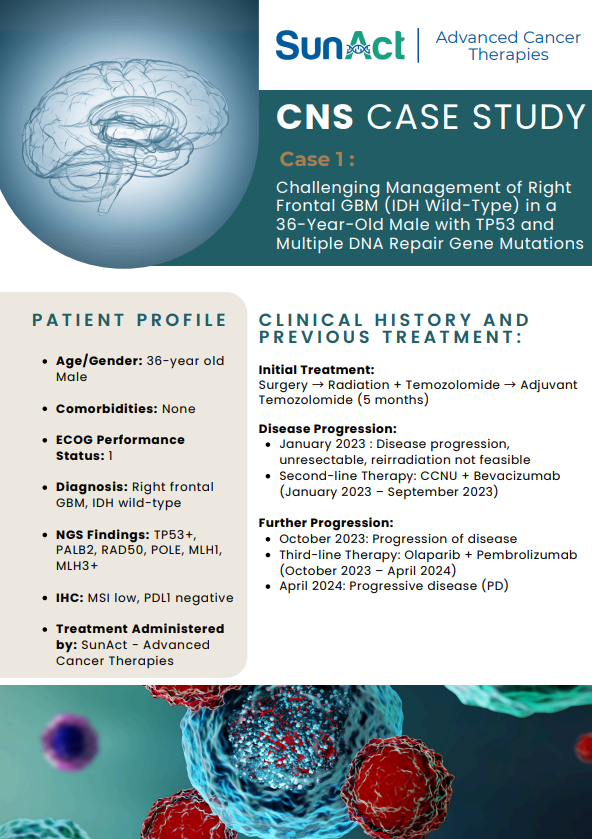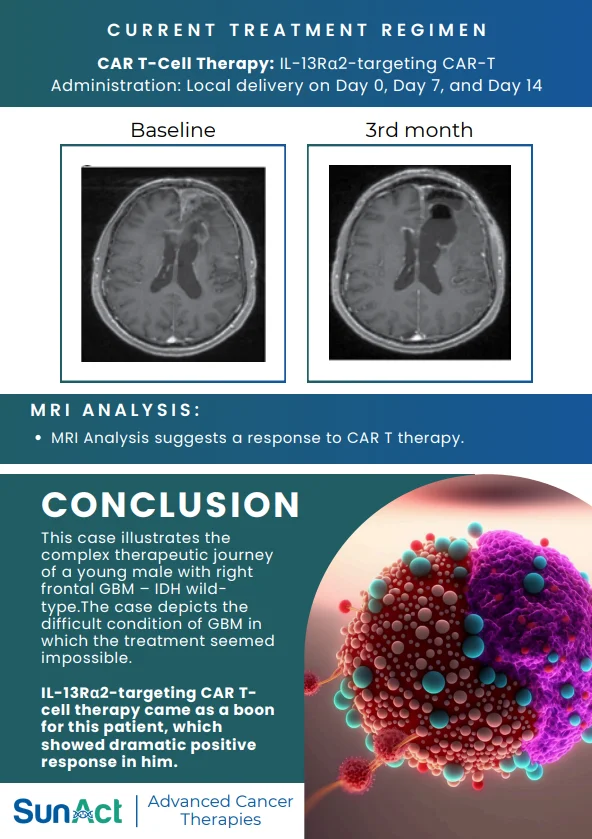It is a technique that involves altering the genetic material of cells to treat or prevent disease. It aims to introduce a normal, functional gene to compensate for the defective, disease-causing gene.
The different aspects of gene therapy are :-
Gene Therapy is primarily used to treat:
In cancer treatment, gene therapy has demonstrated potential in enhancing the effectiveness of immune therapies, targeting tumors more precisely, and improving patient survival rates.
Source: Gene Therapy for Cancer Treatment: Past, Present and Future - PMC
Gene therapy is typically recommended for patients with advanced cancers who have not responded to conventional treatments like chemotherapy or immunotherapy. A thorough medical evaluation is required to determine eligibility.
Alternative options may include:
Mumbai (Thane, Khar) | Kerala (Thodupuzha) | Nashik
Phone: +91 86553 13412
Toll Free: 1800 202 2232
Share your details below, and we’ll reach out to you without delay.
Disclaimer : We will be using this information for calling purposes only.
Share your details below, and we’ll reach out to you without delay.
Disclaimer : We will be using this information for calling purposes only.
